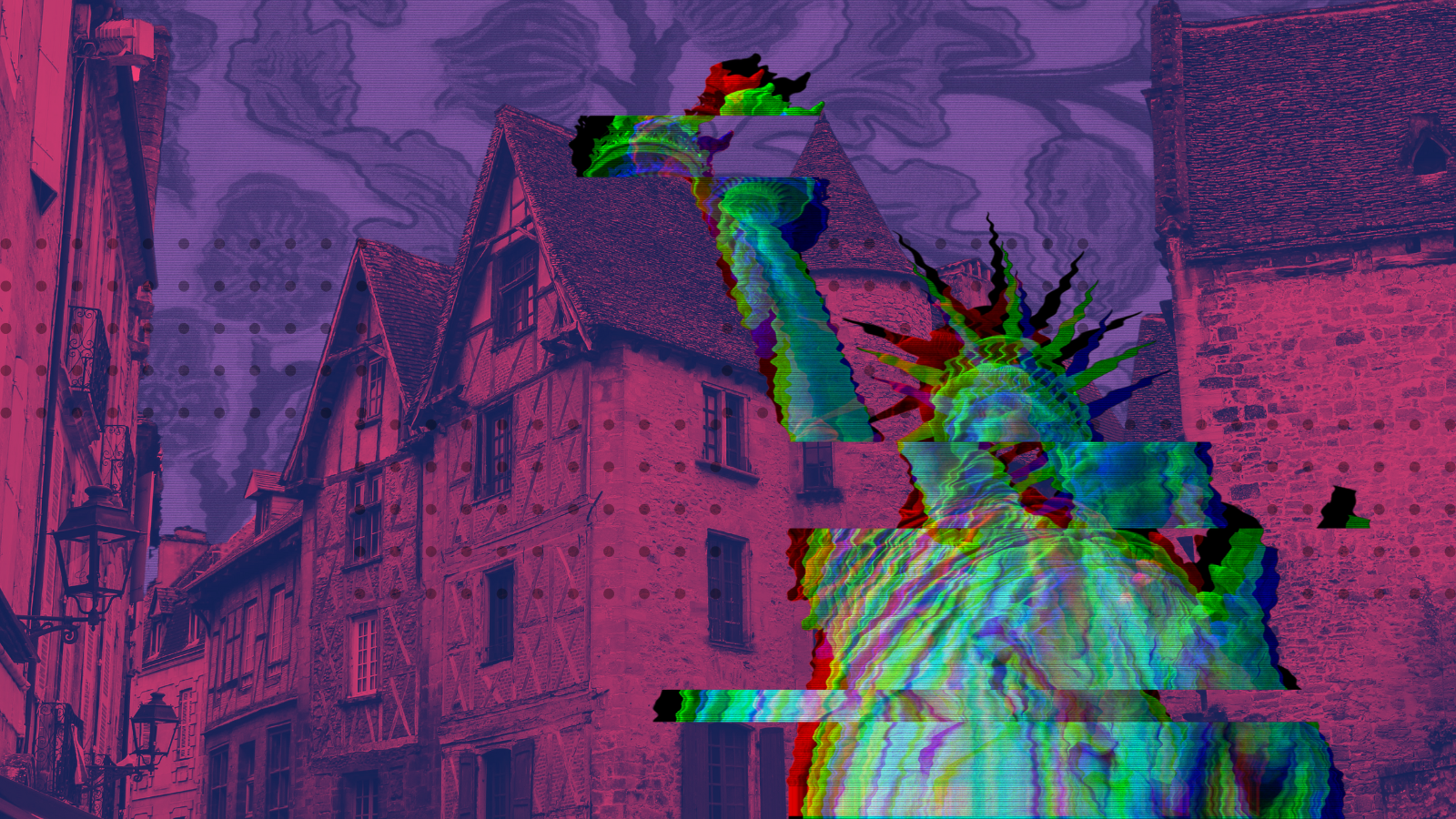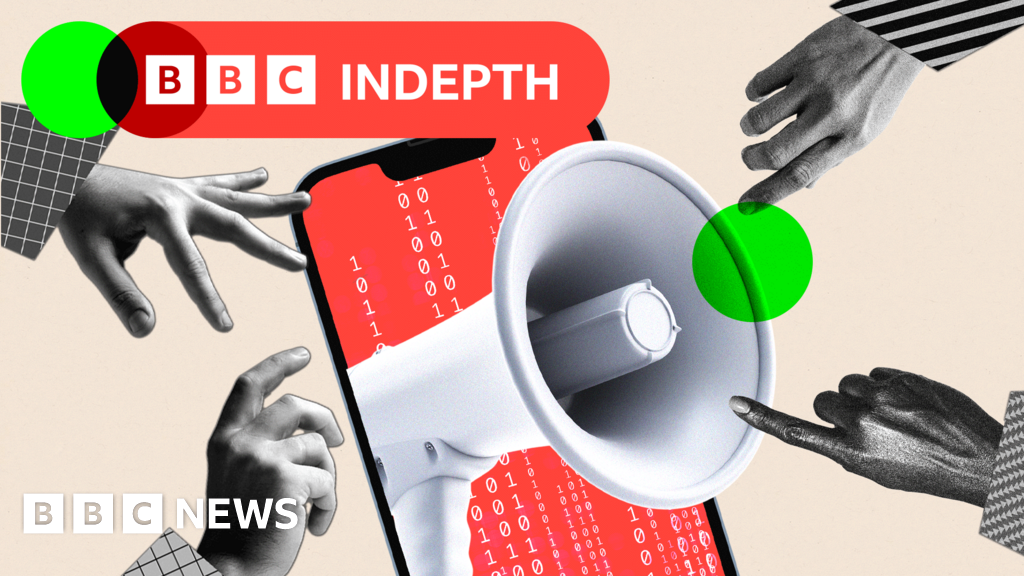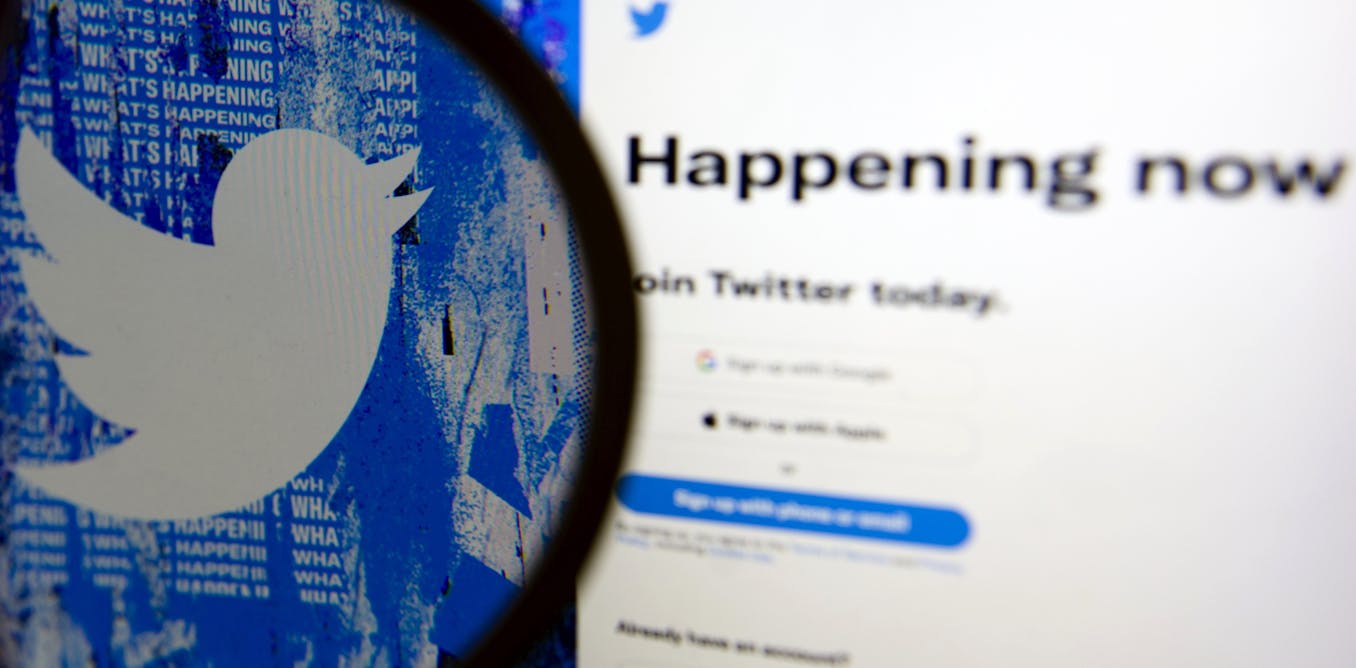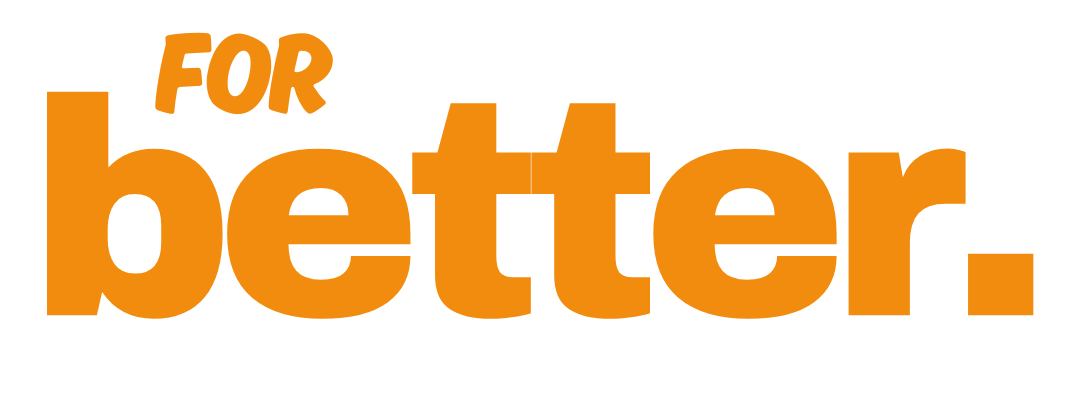Why you'll never have a 'town square' on most social platforms

Can open social platforms offer an alternative? Is 'town square' even the right metaphor?
The 'digital town square' is an idea X seems to have their claws in. It's not a bad one either. The town square analogy plays on our emotion, it suggests that X is the place to be.
But they're not the only ones with this claim. Any and every social platform wants to be the town square. The place people go.
But, is it possible to have a 'town square' online?

What is a town square?
This definition can change by country, but I'm from the UK so here is what I imagine when I think about what makes up a town square:
- Cobblestones
- Shops
- Cafes
- A war memorial
- History in some shape (usually a castle)
- Public toilets
- A random statue
- A chain bakery
- A town crier that appears every Christmas (or when there's a royal event)*
The image above is of Richmond, North Yorkshire. I grew up close to here and have made some memories (good and bad) on those cobblestones. It is a perfect example of how I imagine a town square (and a coincidence that I found the photo on Unsplash!).
Now, I'm not saying everyone should imagine the same thing. Some people will have never visited a rural English town. But the components should be (somewhat) the same.
A town square should be a place that both acts as a service for the people there and stands as a meeting point of stories, ideas, cultures and history.
Is that Big Tech social media? I don't think so - it's what it wants to be.
Why aren't Big Tech platforms town squares?
For one, there are no bakeries. Those are essential.
Beyond that, the confines of an algorithm distort communication in a way that limits many users.
Imagine a town square you could only look at, unless you were ticking the algorithm-optimised content box, or paying for the blue tick. Now, add on the fact that trusted journalists and publishers aren't the town criers, the billionaires are. It's not a very friendly model.
The idea of a town square comes from the ability to say what you want. But this isn't realistic, online or in actual town squares. There are so many pieces already published on this idea, so I'll link them below.
New social as a town square
There are suggestions that new social alternatives can offer a decent alternative.
Firstly, the lack of an algorithm makes it a lot more of a level playing field. You actually have to say something that matters to be heard, rather than pay.
It's also, by design, a much more inclusive and open space. We all know that tourists congregate at the town square, but on Big Tech socials you couldn't get in unless you had citizenship (an account on the platform). Open social means that you can share to a space with any connected account - meaning more tourists!
There's no one person in charge either, it's a much more public space.
That doesn't mean you can just do what you want. Many new social platforms are tightly moderated (by humans) to ensure that everyone feels comfortable there.
You wouldn't visit a town square if you were going to get abused, would you? So why should you on social media?
That being said, I still wouldn't class new social as a town square.
If it's not a town square, then what?
Social media is huge and crazy. There's no cute cobblestones or castles. It's not a town square. It's London King's Cross on Christmas Eve when all the trains have been cancelled because of the weather. Social media is crazy busy.
I think we're so caught up in trying to find real-world metaphors for social technology but the only one that ever really fit is a dumpster/bin fire.
However, for the purpose of this blog, perhaps a more accurate metaphor for social media is that roundabout in Paris (The Place de l'Étoile). Cars everywhere, everyone honking their horns, and no one really getting anywhere.

Check these out:

https://www.rand.org/pubs/commentary/2023/01/the-digital-town-square-problem.html




